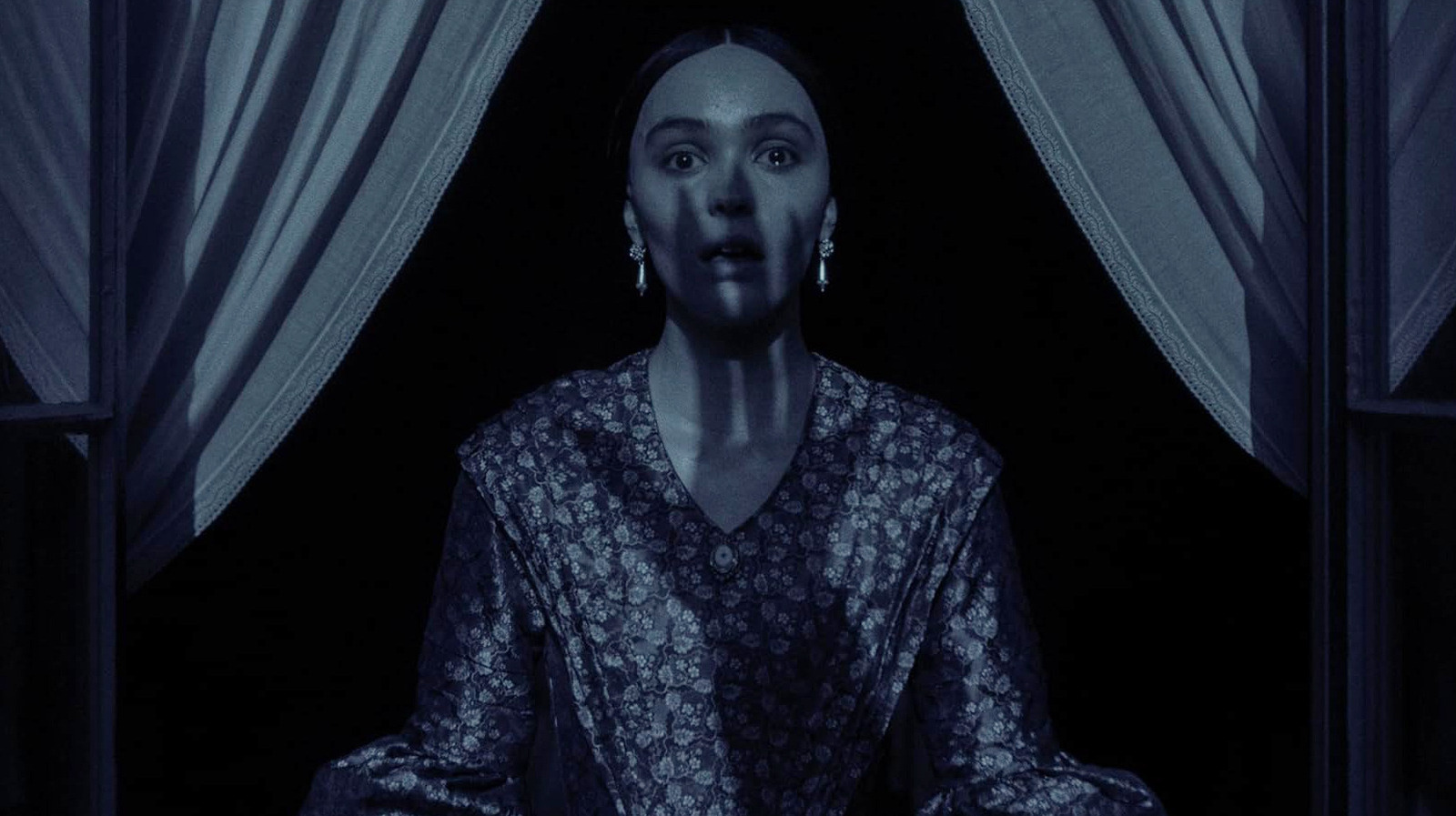
Nosferatu and Lily-Rose Depp Highlight a Eerie Trend in 2024 Horror
By Bill Bria, December 25, 2024
This article may contain some spoilers for “Nosferatu.”
Trends in cinema often come and go, rarely presenting a fierce competitive edge. Sure, we see instances where films like “Dante’s Peak” and “Volcano,” or “Deep Impact” and “Armageddon” emerge simultaneously, yet most trends serve as reflections of the cultural zeitgeist rather than intentional duels. Take, for instance, the year 2017, when a John Denver song appeared in no fewer than five films. While no singular explanation for these occurrences exists, recognizing trends can unlock insights into our contemporary world.
Understanding trends, especially in film, necessitates acknowledging the time lag in production—movies from 2024 were predominantly filmed in 2023 or conceived even earlier. Although news breaks instantaneously, impactful societal changes unfold gradually. A pertinent example is the 2022 decision to overturn Roe v. Wade, which had profound implications for women’s autonomy regarding unwanted pregnancies. The repercussions of this decision are now emerging across various forms of media. As a result, horror films in 2024 are increasingly exploring themes surrounding unwanted pregnancies, female oppression, and the fury stemming from these injustices.
One film that has risen in prominence amid this discourse is Andrzej Żuławski’s 1981 work “Possession.” Its surreal narrative about marital breakdown encapsulates complex female rage and mental turmoil, chiefly portrayed by Isabelle Adjani. Recently, Lily-Rose Depp’s remarkable performance in Robert Eggers’ “Nosferatu” has further solidified this portrayal of female hysteria in contemporary horror.
In films like “Immaculate” and “The First Omen,” unwanted pregnancies serve as catalysts for possession. These narratives delve into the dark territories of corrupted religious sects and society’s demands on women. The protagonists, including Cecilia (Sydney Sweeney) and Margaret (Nell Tiger Free), grapple with their bodies being manipulated against their will, making them vessels of a terrifying fate. Directors Michael Mohan and Arkasha Stevenson openly cite “Possession” as inspiration, with specific nods to Adjani’s iconic subway scene influencing their own climactic moments.
While “Nosferatu” presents different themes, it still echoes the unsettling narratives of “Immaculate” and “The First Omen.” Ellen Hutter (played by Depp) finds herself in a harrowing connection with Count Orlok (Bill Skarsgård). Although this incarnation of Nosferatu lacks the direct presence of an evil child, an undercurrent of maternal dread looms large when Anna (Emma Corrin), the wife of Friedrich (Aaron Taylor-Johnson), becomes a target for Orlok’s parasitic nature. Ellen’s dark history with the vampire underscores her struggle, revealing layers to her character’s psyche and exploring the antiquated notion of hysteria once deemed exclusive to women resisting societal norms.
Mohan emphasizes a potent lesson from “Possession”: to fully commit to the chaotic nature of horror without restraint. Coincidental or not, 2024 has witnessed several horror films showcasing fiercely unrestrained female performances, offering a crucial emotional release for audiences navigating unsettling times. Histrionic performances are not outside horror’s realm; they are essential to conveying our deepest fears and repressed emotions.
As horror continues to challenge norms, it sets the stage for women to rewrite their narratives within the genre. Despite the Academy’s historical oversight of genre films in awards seasons, the undeniable skill and daring showcased this year may shift tides in recognition. Regardless of accolades, the impact of these performances will resonate, paving the way for innovative, boundary-pushing material in the years ahead. With whispers of a new casting choice for the female lead in the upcoming “Possession” remake by Robert Pattinson and Parker Finn, the future looks promising for brave new works in horror.
“Nosferatu” is now gracing theaters, beckoning audiences to witness this captivating ride into the darker sides of both lore and our contemporary anxieties.





